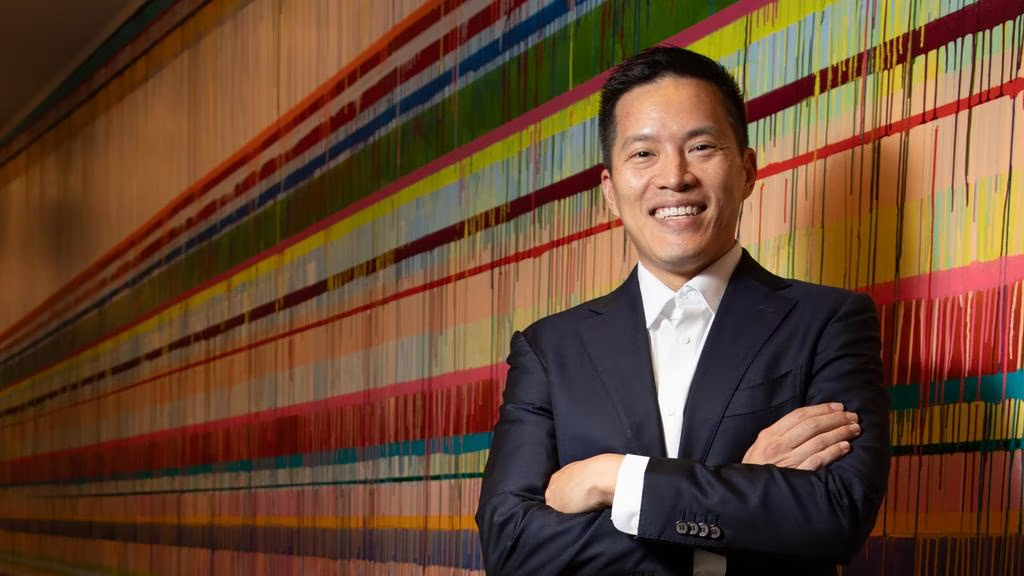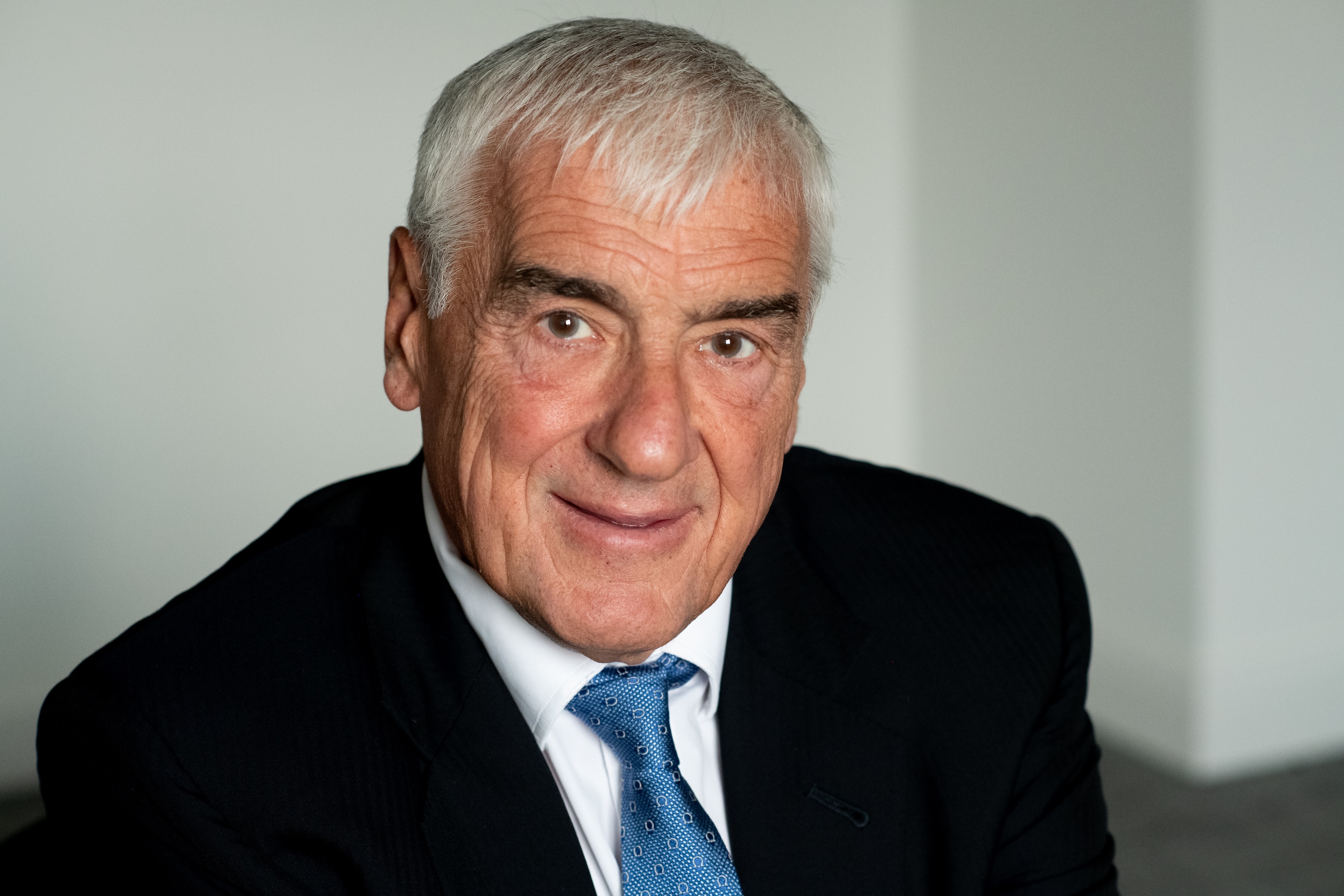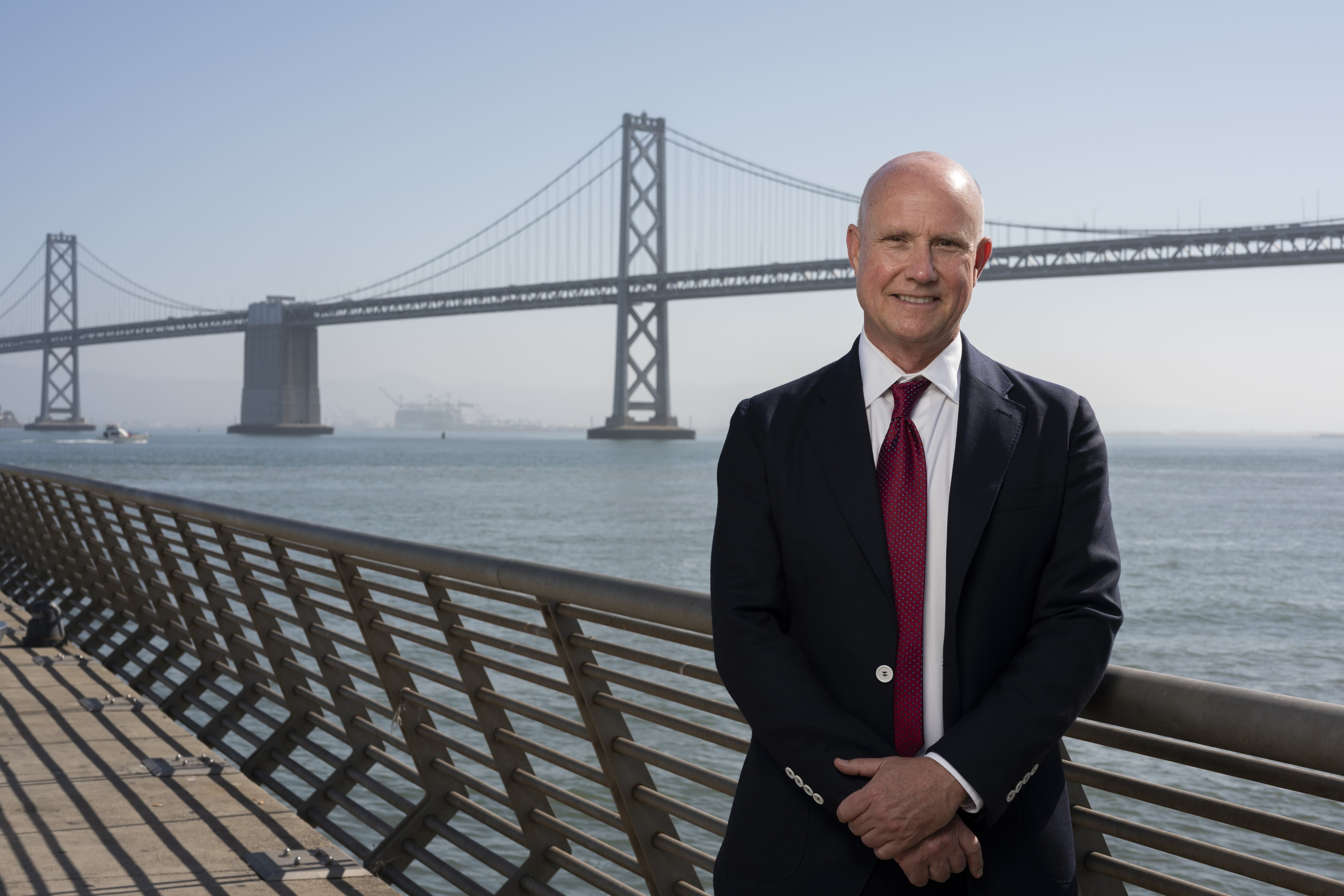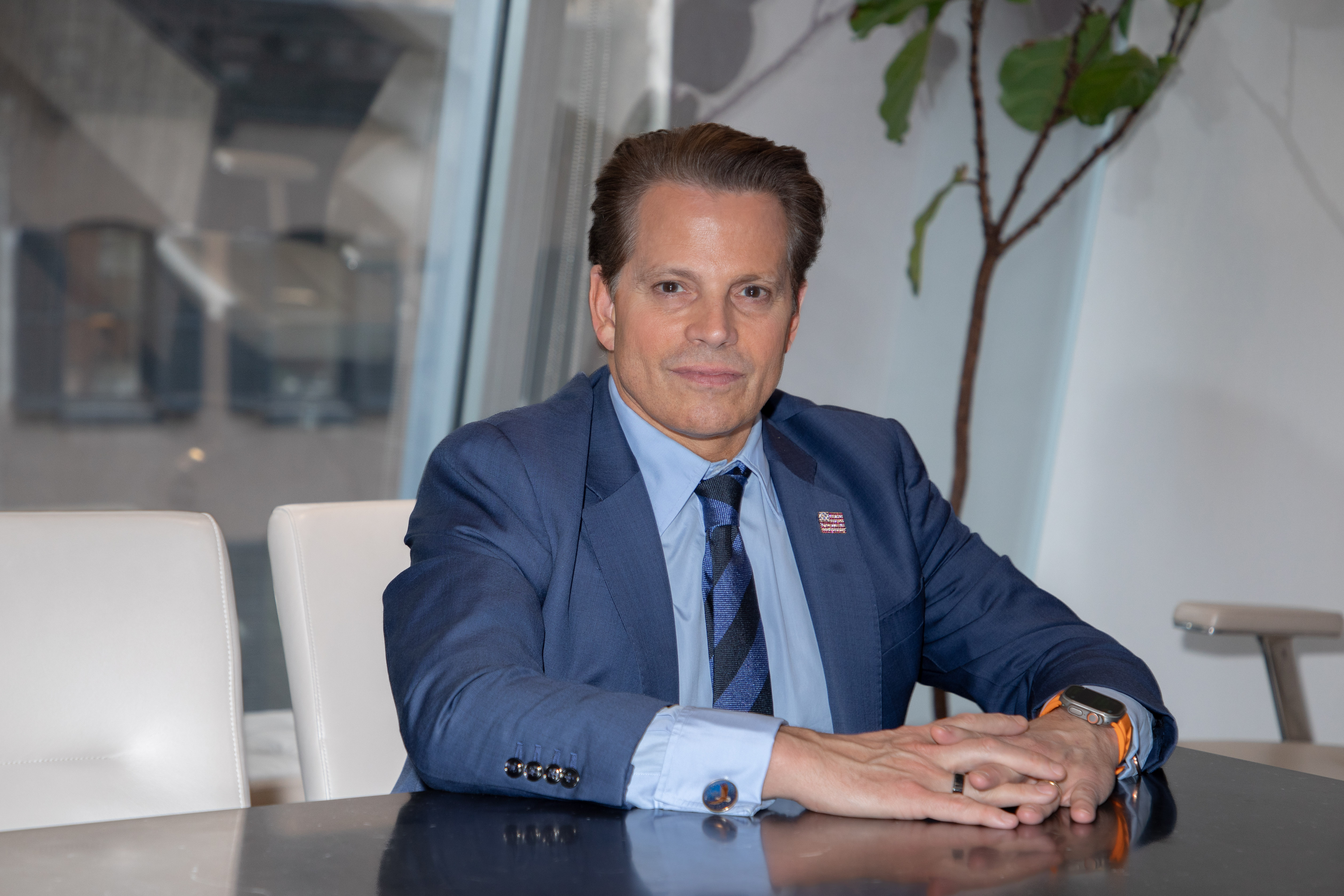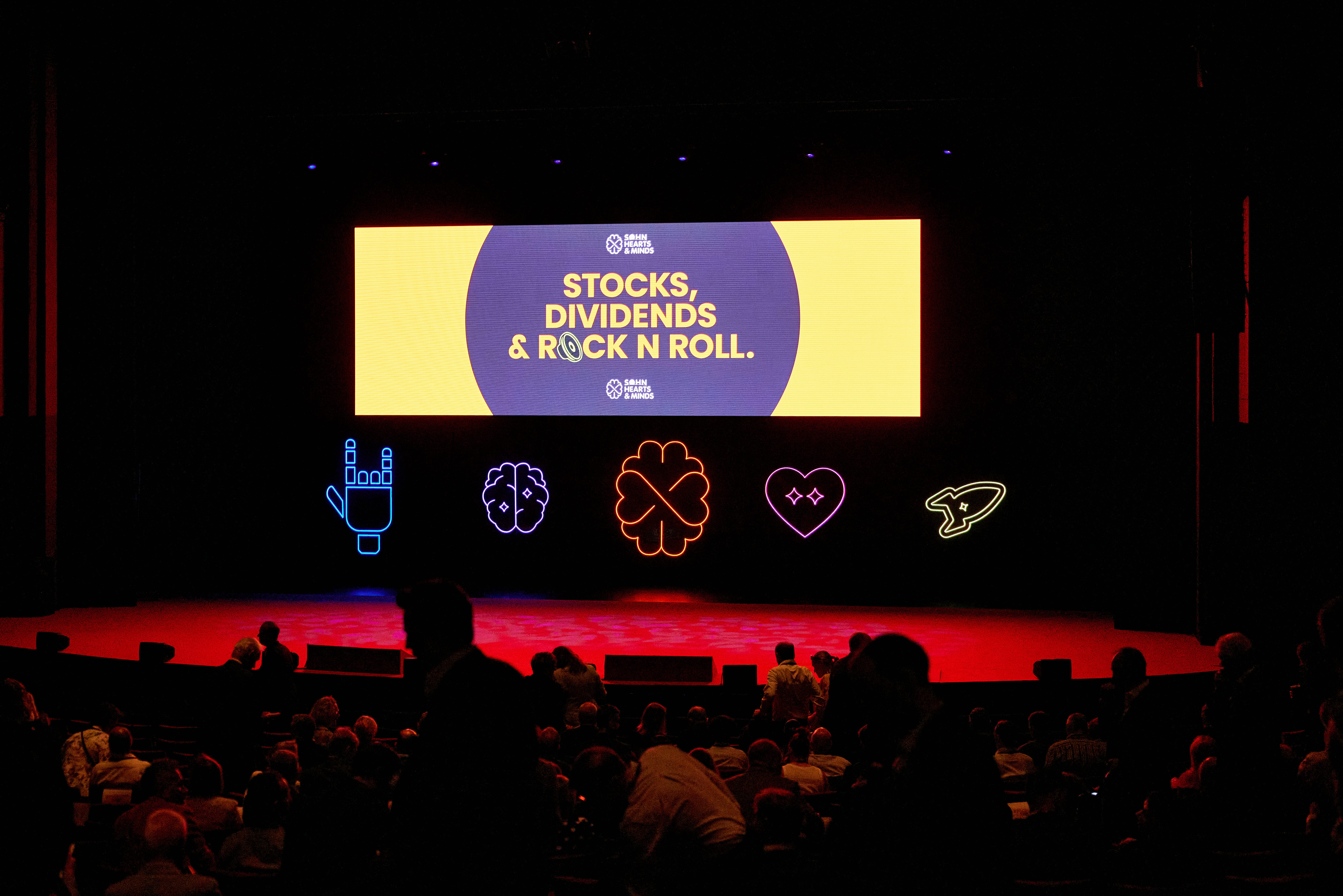The culture at Ray Dalio’s massive hedge fund has been a source of intrigue, and with a new book, controversy. Atul Lele says it’s made him a better investor.
On a frosty February morning in 2015 Australian analyst Atul Lele appeared on Tom Keane’s Bloomberg Surveillance program in New York City.
At least one viewer was impressed with Lele’s call to dump emerging market assets as the Federal Reserve sucked money out of the global economy. That happened to be Ray Dalio, the founder of Bridgewater, the world’s largest hedge fund. Soon after, Lele was invited to Westport, Connecticut to meet Dalio and his deputies, Bob Prince and Greg Jensen.
Lele had, in 2013, left Credit Suisse to become the chief investment officer at Deltec, a private bank headquartered in the Bahamas.
By 2017, he had been lured to Bridgewater as a senior portfolio strategist. He hasn’t looked back. “It’s a meritocracy here, that’s for sure,” says Lele, who is returning to Sydney this week to appear at the Sohn Hearts & Minds investor conference, which takes place on Friday at the Opera House.
Dalio appeared in person at the 2019 conference, which is held to raise money for medical research, and has extensive links to Australia. His first client was Alan Bond in the 1980s and the earliest investor in his funds were Australian wealth managers and super funds such as MLC and SunSuper.
He also owns about $300 million of Australian farmland.
Dalio, Bridgewater and the culture he has fostered are a topic of endless intrigue and fascination. That is bubbling to the surface with the release of an unauthorised book about the firm by reporter Rob Copeland.
Extracts from The Fund that ran in several publications portrayed Bridgewater as a dysfunctional and at times bizarre place to work and Dalio as overly controlling and petty. Dalio, himself a bestselling author, has taken to social media to dismiss the book as “sensational and inaccurate”.
Central to Bridgewater is a belief in radical transparency – in which staff are expected to openly praise and criticise each other to drive improvement.
Lele may be a sample size of one, but he’s clearly embraced his time at Bridgewater, which he says stresses the pursuit of excellence in investment thinking and organisational structures to get the best ideas.
“The growth that I’ve had, as an investor and as a person has actually come through the culture of being transparent, looking at your mistakes, at the areas you’re strong and trying to improve upon all of that,” he says.
The Bridgewater process, Lele says, involves “deeply understanding economies and markets” in a fundamental and systematic way. The fundamental part is based on a view that markets and economies move for “logical reasons that can be understood”.
Bridgewater therefore tries to work out the causes and effects of the macroeconomy.
Take the 10-year US bond rate, for example. That is influenced by monetary policy, and inflation. Inflation is influenced by wages, productivity, exchange rates, raw material costs. Wages, in turn are influenced by the supply and demand of labour, and so on. The systematic aspect is to codify these relationships so that the changes in these variables can be analysed through time and across markets to better understand the environment.
Four paradigm shifts
Lele says he has four pieces of advice for young analysts hoping to follow a similar path that has taken him from a junior analyst at a Sydney-based boutique firm to the largest hedge fund in the world.
The first is to have a genuine passion for markets and the macroeconomy. The second is to work hard. The third is to be open-minded about your strengths and weaknesses and the fourth is to have integrity, which builds strong and sustainable relationships among colleagues and peers.
For Australian investors his message is starker.
He believes most institutions simply aren’t appropriately positioned for a regime shift that has taken place in financial markets and the economy. Australian portfolios – be they institutions or individuals – are particularly overexposed to a return to the status quo that seems unlikely.
Lele cites four clear paradigm shifts in the macroeconomy that has left him convinced of this.
The first is that the pro-corporate environment of the last four decades is over. In that time, margins have been helped by falling interest rates, lower input costs, reduced red tape and globalisation. Those are all in reverse.
The second is an end to the pro-liquidity environment of falling interest rates, culminating in quantitative easing. This time liquidity is a more holistic mix of monetary and fiscal policy, which is less favourable to asset owners.
The third is an end of a pro-growth environment which is largely a function of cheaper money and higher profit margins and disinflation. The fourth is the end of a period of globalisation and relative harmony being replaced by one of regionalisation and conflict.
This is a world that very few investors are prepared for, in particular Australian investors that tend to be equity and property centric.
“Bridgewater deals with the deepest and most sophisticated pools of capital on the planet and when we go out and speak to our partners around the world, we say that most investors aren’t set up for this [environment].”
Most investors, he says, have a portfolio that is a variation of the 60/40 stock and bond portfolio. “They are basically making a bet on that pro-growth, pro liquidity environment continuing. That’s actually the biggest risk,” he adds.
Lele says investors should consider making their portfolios more resilient to the range of outcomes that lie ahead. In particular, to reduce exposures to assets that rely on growth and liquidity, and increase their exposure to assets that provide protection against higher inflation.
What about the Australian economy? While there has been an evolution of sorts, the economy remains dependent on global growth and liquidity.
This makes us susceptible to the paradigm shifts he outlined.
But, he said, Australia could actually be a beneficiary in an environment of cost-push inflation that results in higher commodity prices.
Cost-push inflation describes a scenario in which the cost of raw materials rise, which would boost the revenues of miners.
Lele says Bridgewater actually modelled how a freely floating Australian dollar would have fared in the 1970s – a period of high inflation and low growth, or stagflation (The Australian dollar floated in 1983).
The study revealed the currency, in theory, performed well, which suggested the economy and our resource companies could yet prove resilient.
But that was not a good time to own stocks and bonds, and for this reason, Lele is urging investors to be prepared, and keep an open mind.
Atul Lele will speak at Sohn Hearts & Minds at the Sydney Opera House on November 17. The Australian Financial Review is a media partner.
This article was originally posted by The Australian Financial Review here.
Licensed by Copyright Agency. You must not copy this work without permission.







